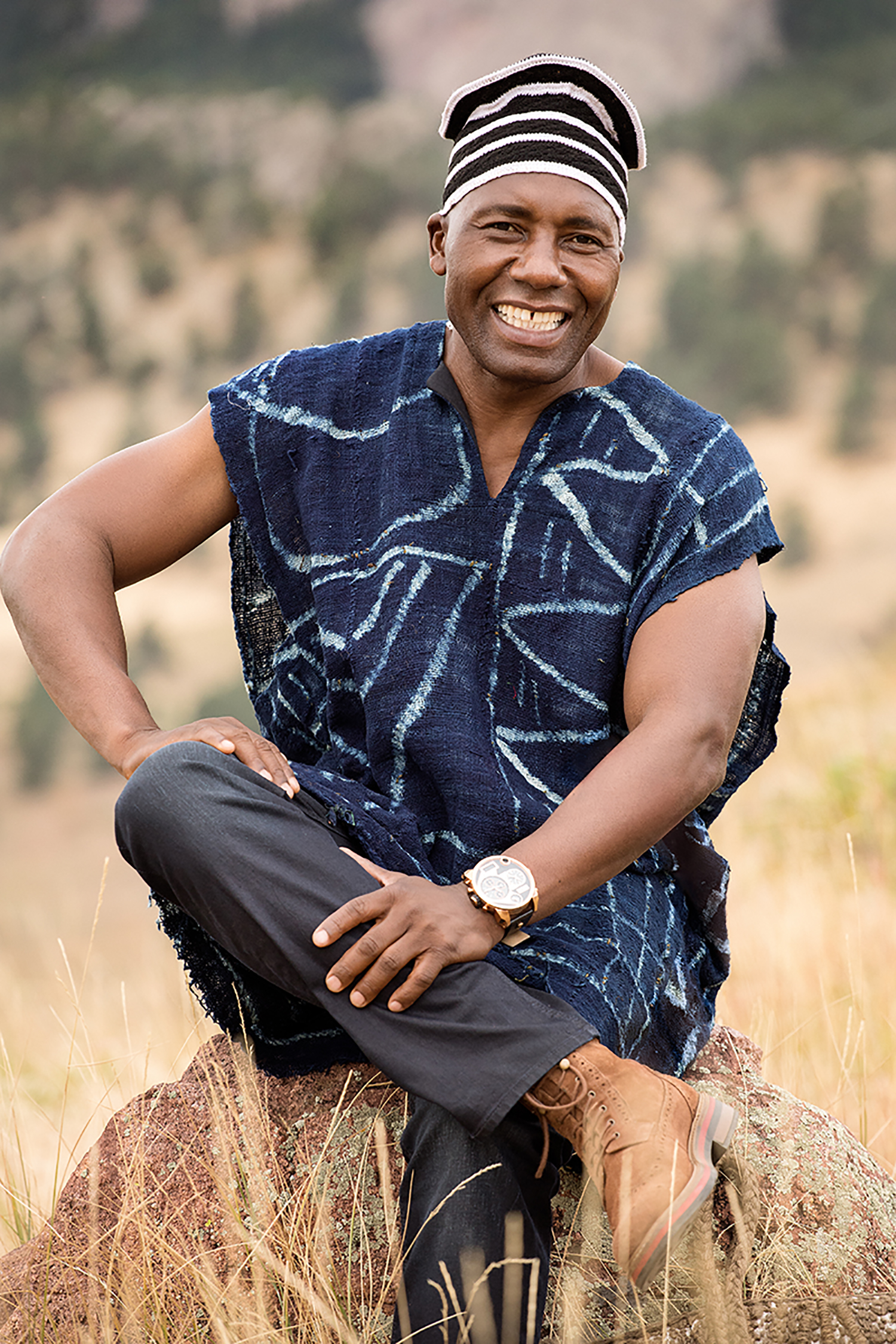
Thursday, February 11, 2021 4:00-5:30 PM
Via Zoom
https://scrippscollege.zoom.us/j/93278166996
In the Shade of Power: The Power to the Powerless
A general political problem is how to balance the need for concentrated power in the hand of the state — needed for effective governance — against the egalitarian desire to equalize power. Post-colonial African politics has generally regarded those aims as excluding each other. Professor Ajume Wingo argues that there is an august tradition in Africa of seeing political power otherwise. Drawing on the political traditions established by Ngonnso, a Princess who founded the state of Nso in Cameroon in the 14th century, Professor Wingo distinguishes between “positive” political power appropriately wielded by the state, and “negative” power that individuals may use to protect their own activities and interests. He argues that by distinguishing between these two types of political power, and by examining how Ngonnso’s constitutional principles help to develop and channel those types of power, we can see how Ngonnso laid the groundwork for an effective state responsive to the needs and demands of its least powerful citizens. According to Ngonnso we should not destroy our royalty rather we should make every woman into a queen and every man into a prince. This is a new outlook to political power that also suggests how existing non-democratic political traditions could help in democratization.
Dr. AJUME H. WINGO is an Associate Professor of Political Philosophy; Associate Director of the Center for Values and Social Policies; and the Director of the Law and Philosophy Program at the University of Colorado at Boulder. He hails from Cameroon. He attended the Cameroon College of Arts, Science and Technology where he studied Economics, Geography and History. He also attended the University of Yaounde, Cameroon where he studied law at the Faculty of Law and Economics. He obtained his BA from the University of California Berkeley and an MA and Ph.D. from the University of Wisconsin, Madison. He did his Postdoctoral Research at Harvard and Boston Universities. He is the author of Veil Politics in Liberal Democratic States published by Cambridge University Press. He is currently working on two book manuscripts entitled In the Shade of Power and The Path for the Perplexed: The Peril of Leadercentrism in African Politics.

